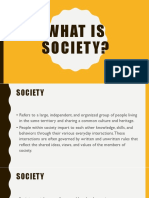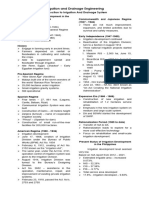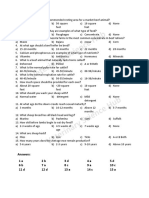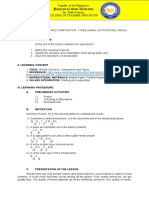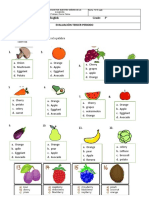0% found this document useful (0 votes)
16 views3 pagesHandouts - Lesson 7
The document outlines various forms of society, including pre-industrial, industrial, and post-industrial societies, highlighting their characteristics and impacts on social structure. It discusses the dynamic relationship between individuals and society, emphasizing how societal norms influence personal development and behavior. Additionally, it explores social systems, roles, institutions, and the potential for individuals to improve themselves and contribute to societal change.
Uploaded by
Jonas MalvedaCopyright
© © All Rights Reserved
We take content rights seriously. If you suspect this is your content, claim it here.
Available Formats
Download as PDF, TXT or read online on Scribd
0% found this document useful (0 votes)
16 views3 pagesHandouts - Lesson 7
The document outlines various forms of society, including pre-industrial, industrial, and post-industrial societies, highlighting their characteristics and impacts on social structure. It discusses the dynamic relationship between individuals and society, emphasizing how societal norms influence personal development and behavior. Additionally, it explores social systems, roles, institutions, and the potential for individuals to improve themselves and contribute to societal change.
Uploaded by
Jonas MalvedaCopyright
© © All Rights Reserved
We take content rights seriously. If you suspect this is your content, claim it here.
Available Formats
Download as PDF, TXT or read online on Scribd
/ 3
























































